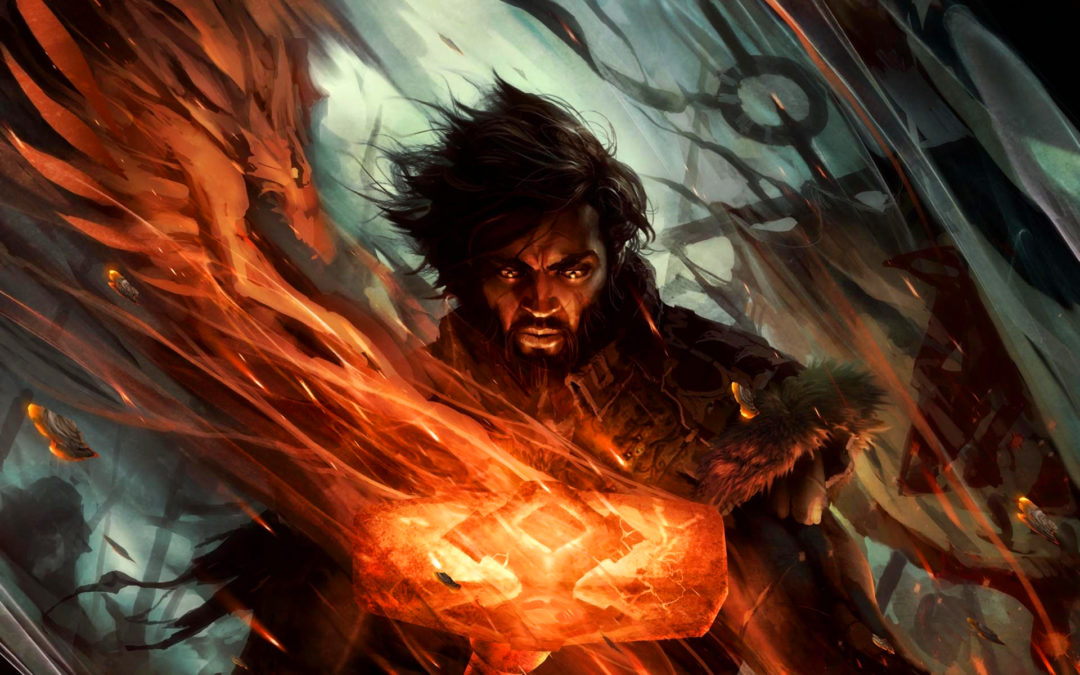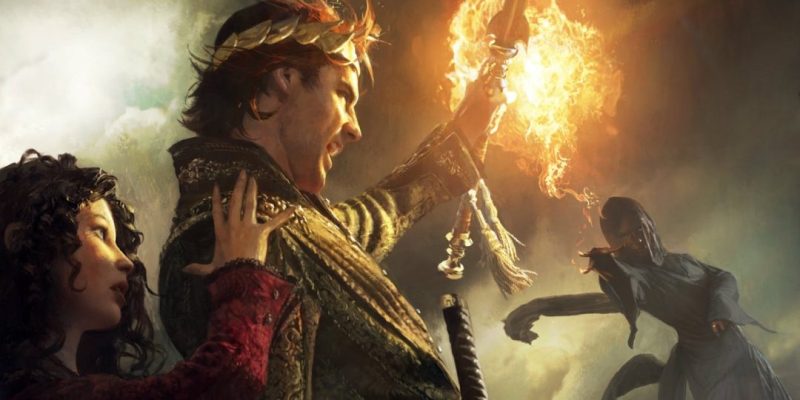Death is a tantalizing option if you’re mentally ill. Intense episodes of depression, anxiety, and obsessive compulsive disorder are regular sources of distress for those of us suffering from these incurable maladies. Mental torment makes suicide feel like a logical, viable choice even when you know it’s wrong. When you experience downward spirals like these frequently, you can start to believe that your demise isn’t just desirable but necessary.
I was this suicidal in January 2016 due to undiagnosed OCD. While I detailed this tumultuous period of my life in a previous Pop Heart column, my two week stint at a psychiatric ward feels like its own mini-epoch. Admitting yourself to a hospital is a drastic decision, and I’d probably be dead if it weren’t for the lengthy mental evaluations, medication trials, and coping strategies I learned during that time. Treatment alone didn’t save me, though.. Despite sleepless nights, unbearable mental agony, and abysmal cafeteria food, my will to live remained strong because I found a sanctuary in The Wheel of Time.
The Wheel of Time is an epic 14-book high fantasy series created by Robert Jordan and finished by Brandon Sanderson. The story follows an ensemble of spell weavers, soldiers, and tricksters, but the main protagonist is Rand al’Thor, an unassuming farm boy who is unbeknownst to him the reincarnation of the “chosen one.” Like Jesus, Neo, and the Burger King mascot, the champion emerges during humanity’s most dire hour. Unlike other archetypal The Ones, Rand’s quest to vanquish the forces of darkness comes with a significant caveat. Men like Rand who channel the “One Power” (i.e. volatile Bible magic) eventually go insane. They become a danger to themselves and those around them. Despite being humanity’s savior, Rand doesn’t receive a hall pass excusing him from the whims of his quickly deteriorating sanity.
I adore this series. Even beyond its layered world, rich characters, and enthralling prose, The Wheel of Time has stuck with me because I associate it with my own survival. Most of my belongings were confiscated when I was first admitted to the hospital. My phone, clothes, and shoes were inaccessible, yet by administrative decree, the library book I brought with me was granted clemency. You’re goddamn right it was The Wheel of Time.
At first, the book offered me an escape. Scouring page after page was a release from my predicament. I became caught up in the saga’s illustrious heroes and their adventures. For a brief period of time, I was swept away by Matrim Cauthon’s swashbuckling Indiana Jones-ish escapades and Nynaeve al’Meara’s rebellious attitude toward figures of authority. It was splendid fun during a time where I often had to contend with brain scans and another patient suffering from schizophrenia who didn’t like me very much.

My feelings toward the series evolved over those weeks. When I progressed further into the story, I really began to connect with Rand. While he begins the series as a very likable and altruistic protagonist, Rand like me was struggling with his own psyche. I relied on visiting family and friends to bring me the next book of his adventure. As the stack of 700-plus page novels grew on my nightstand, Rand slipped further into madness. Despite being a virtuous character, he was haunted by an anguish real only to him. Rand’s mental illness consumed him, costing him his rationality and sense of judgement in the process. He became a danger to himself and those around him.
I too was at war with myself and hazardous to others. While Rand had the fate of the world on his shoulders, I had the wellbeing of my family at the forefront of my mind. In order for my loved ones to be safe, I needed to heal the deep wound in my mind. I knew if I committed suicide, my parents, siblings, and friends would never be OK. Even though Rand’s mission was to save reality from what’s basically Sauron on steroids, we were both trying to save our worlds. In my case, my world was the people I loved.
I left the hospital healthier and with more books than when I had entered. I didn’t finish The Wheel of Time during my hospitalization. In fact, I wasn’t even close to being done and I was itching to turn over more pages in this series. The Wheel of Time offered me the first semblance of hope and joy I had felt in ages, and it got me excited not just about Rand’s future but my own. I may have hit bottom, but I was collecting the pieces so I could start anew. Afterall, one of The Wheel of Time’s most famous quotes is: “There are no beginnings or endings in the wheel of time. But this was a beginning.” Breathing the fresh Chicago air outside the hospital for the first time in over two weeks was my new beginning.
